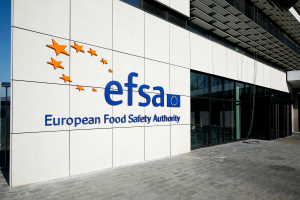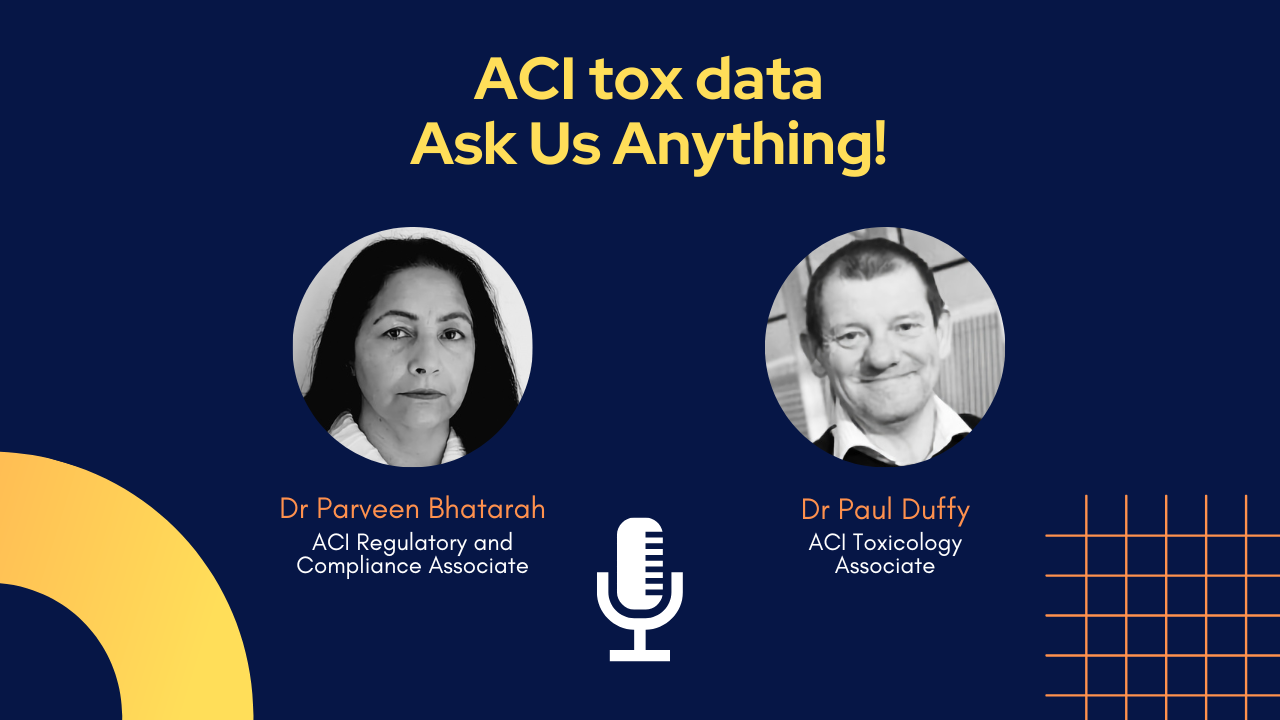The European Food Safety Authority (EFSA) has found several key areas of concern in novel food submissions it has received for CBD.
Among the areas of primary concern are missing information on applications and data gaps, which would support the evaluation of safety profiles, according to information shared during an EFSA-led webinar on 29 June.
What are the key concerns?
- Raw materials, ingredients and product characterisation and specifications which are yet to be addressed by applicants
- Absorption, Distribution, Metabolism and Excretion (ADME) – with specific reference to potential accumulation and drug interaction due to effects on metabolising enzymes.
- Gastrointestinal effects
- Liver effects
- Neuropsychopharmacological effects
- Endocrine and reproductive function effects
During the webinar on the safety of cannabidiol as a novel food: data gaps and uncertainties, EFSA officials said that while a lack of information from animal studies was a factor, the main data gaps relate to existing clinical studies in humans. Longterm trials in humans are considered necessary by the European food safety body.
New evidence
Officials said they are willing to accept new evidence where these knowledge gaps have occurred, but this will be considered on merit under their safety considerations. EFSA also clarified it does not wish for individual applicants to carry this out for ethical reasons, citing a consortium approach as its preference. A consortia-based model for generation of data is encouraged and would, in the right circumstances, be supported by data protection.
Representatives also presented a particularly strong view when it came to the lack of safety data available with respect to the reproductive and endocrine systems. Although it was acknowledged that, in ethical terms, some information was only available from animal studies.
“We are not saying CBD is unsafe, just that we have insufficient data to assess if it is safe at the proposed human daily intake.”
In the UK, the Food Standards Agency advises healthy adults to cap their daily CBD intake at 70mg (Note: this figure has since been revised by FSA to 10mg in guidance issued on 12 October 2023). Europe’s food safety body says it does not know what stance the FSA may take against their currently stated acceptable limit.
The Association for the Cannabinoid Industry, which saw success in the first stage of the UK’s novel food process through a consortium model said:
“We will be taking these details and formulating a suitable plan to answer these questions and continue to support our members’ applications. We will be consulting with EFSA and FSA to create an action plan for how to tackle these data gaps.”
To play the webinar back in full, please check EFSA’s website.





